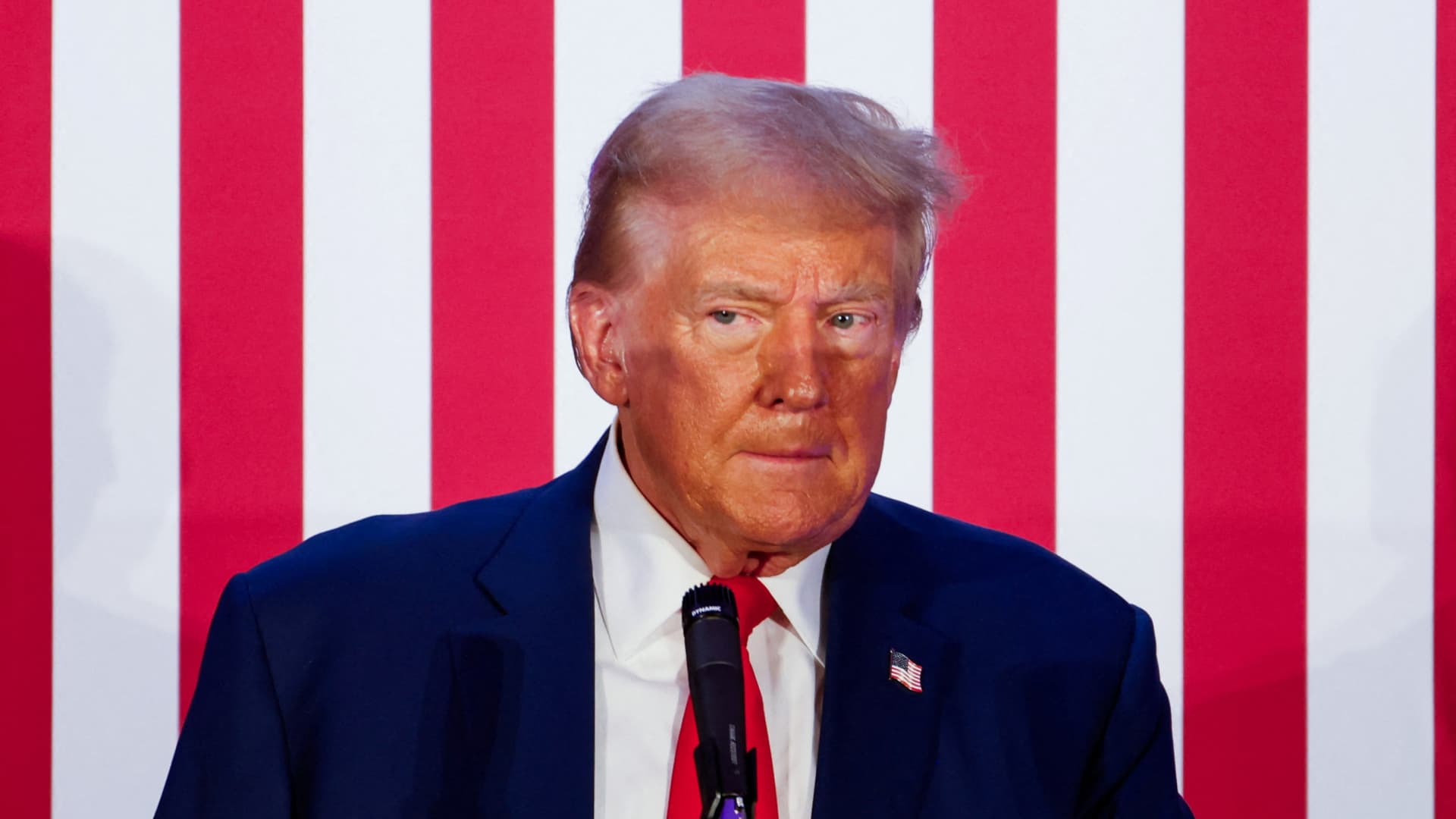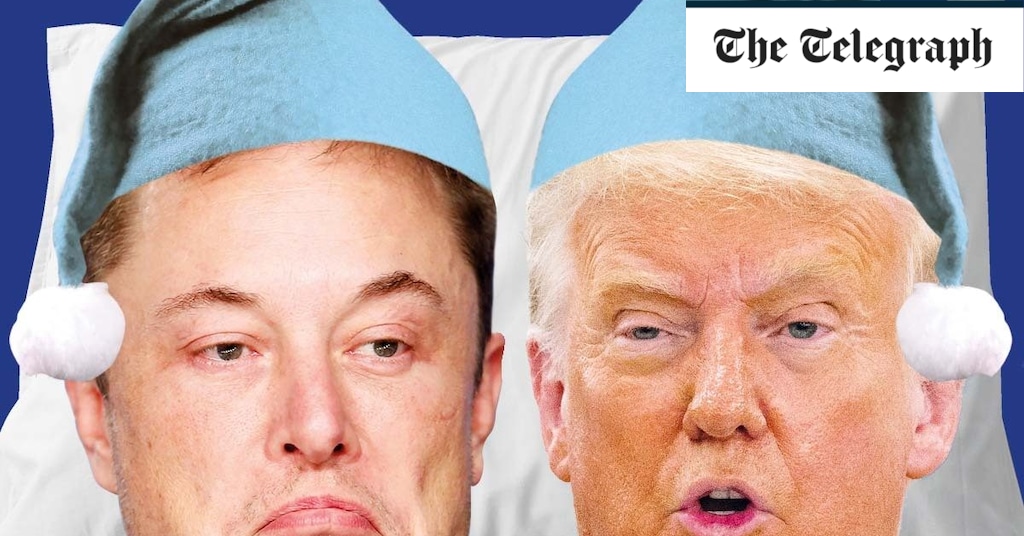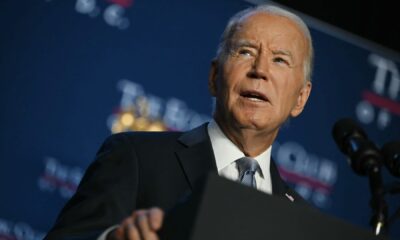The international alliance to send life-saving vaccines to poorer countries has never had a wider range of jabs at its disposal but is battling funding constraints among its rich nation donors, its chief executive has warned.
Financial demands on Gavi’s main funders, from reviving sluggish economies to conflicts and climate change, was leading them to explore greater use of “vaccine bonds” to spread payments over multiple years, Sania Nishtar said.
Nishtar’s comments highlight a wider global public health dilemma ahead of talks at the UN General Assembly next week, as money pressures threaten to hamper delivery of vital supplies to countries most in need. Gavi’s work extends from inoculations for common diseases to responses to emergencies such as the mpox epidemic centred on the Democratic Republic of Congo.
“Now we have the widest portfolio of vaccines available to us,” Nishtar said in an interview. “The irony is that this is also a time when the donors are fiscally constrained and there are many other competing priorities.”
Gavi has raised about $2.4bn of the $9bn minimum it is seeking from donors for its next five-year funding cycle starting in 2026, said Nishtar, who took office earlier this year. She was “cautiously optimistic” about hitting the target but conscious of the “difficult environment” financially, which is why Gavi is suggesting countries make greater use of an existing alternative funding mechanism.
It has pitched to prospective donors in western and Gulf countries to give as much as two-thirds of their funding in some cases via vaccine bonds, which are backed by legally binding sovereign commitments. These allow Gavi to raise money on international markets to fund routine immunisation programmes or respond quickly to crises such as the Covid-19 pandemic.
“It’s a time-tested model. And we hope to be increasing its share in our replenishment,” said Nishtar, a Pakistani cardiologist and public health expert who has served as a senator and government minister.


The reports of funding pressures echo remarks by other prominent figures on global public health, who point to spending commitments such as supporting Ukraine against Russia’s full-scale invasion. Bill Gates, the Microsoft founder and philanthropist, has warned that a reluctance among rich countries to donate threatened advances in child health.
Gavi has helped countries with the routine immunisation of more than 1bn children since it was established in 2000, as well as co-ordinating vaccines for other campaigns and crises such as Covid. The jabs target a range of threats, including measles, meningitis A and the human papillomavirus that causes cervical cancer.
Gavi strived to avoid “a paternalistic relationship with countries of the south”, Nishtar said. Its co-financing policy means nations contribute some of the costs of vaccine procurement, while 19 have already shifted to fully funding their immunisation programmes including Angola, India and Moldova. Donors liked the model and felt it gave them value for money as well as improving public health, she said.
“Here is something that gives them results in human terms — and in economic terms gives them value for money.”
Gavi has set up a rapid response fund for health emergencies after the Covid pandemic showed the damage caused by inequities in vaccine supply. It used this facility this week to secure 500,000 mpox jab doses for delivery this year.
Gavi has also set up a $1.2bn financing instrument to promote vaccine manufacturing in Africa by making incentive payments to help offset high initial production costs. Nishtar said she was also pushing for greater use of mobile payments for health workers and artificial intelligence-based analysis to detect “difficult pockets” of countries where children remained under-immunised.
“[A] big picture change is the focus on underprivileged communities, but bringing all modern levers at play to deliver,” she said.






























































































































You must be logged in to post a comment Login